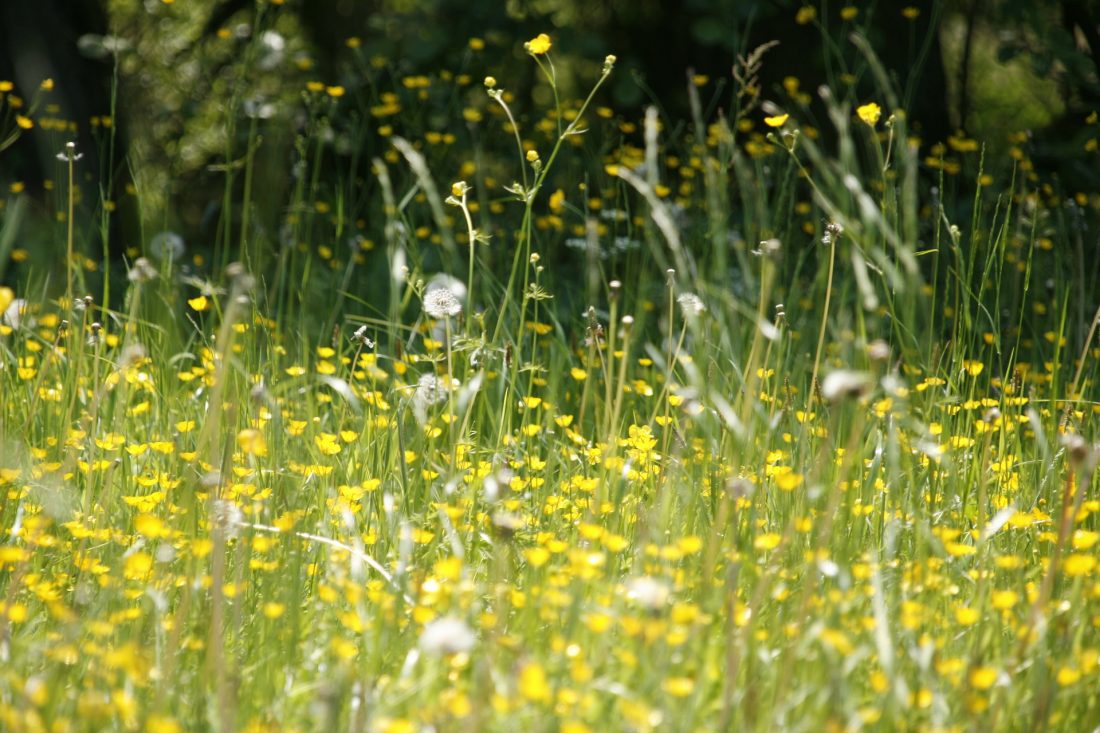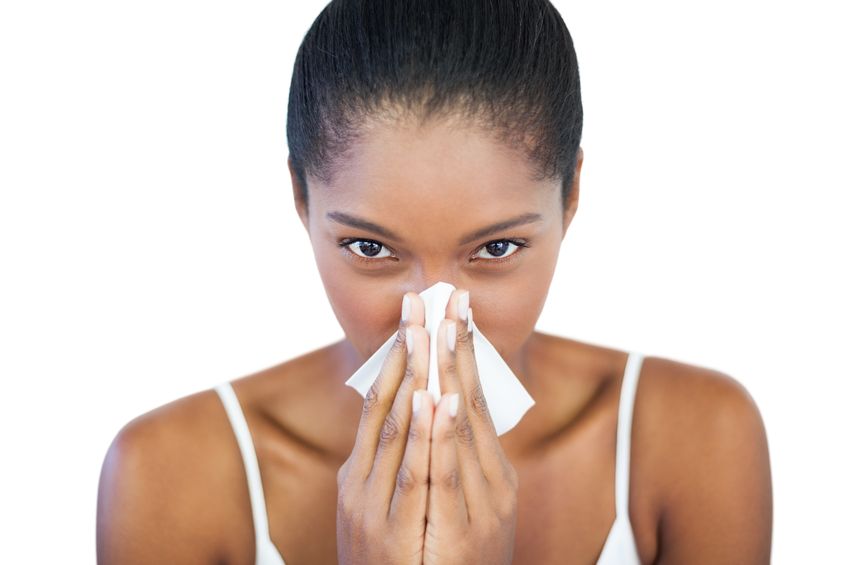Weeping eyes, lethargy and a nose that won’t stop dripping? No, we’re not describing the effects of a love breakup, but the symptoms of seasonal allergic rhinitis, more commonly known as ‘hay fever,’ which affects more than 18 million people in the UK.
So, what is hay fever anyway? Sufferers will be familiar with the usual signs, sneezing, itchy and watery eyes, and a stuffy nose. These symptoms are your body’s response to certain triggers, such as pollen or grass and it reacts because it thinks they are harmful organisms trying to attack your immune system!
 If you are dreading the onset of spring, knowing that you may be snivelling your way through the next few months, why not try the following tips from nutritionist Cassandra Barns to support your immune system and help reduce your sensitivity to allergens? Who knows, the tips could help you face the sunshine and outdoors with no fear!
If you are dreading the onset of spring, knowing that you may be snivelling your way through the next few months, why not try the following tips from nutritionist Cassandra Barns to support your immune system and help reduce your sensitivity to allergens? Who knows, the tips could help you face the sunshine and outdoors with no fear!

- Eat organic food where possible, to avoid pesticides and additives.
- Top up on low-allergen foods: brown rice (try quinoa, millet and buckwheat), cruciferous vegetables (broccoli, cabbage, cauliflower etc.), carrots, sweet potatoes, leeks, Brussel sprouts, white potatoes, green peas, pears, apples and papaya. Of all the meats, lamb is thought to be the most hypo allergenic.
- Mushrooms: they can modulate and regulate the immune response. Go for a high quality organic extract from Reishi mushrooms, such as Mico-Five by Hifas da Terra.
- Wash your hair: Pollen can actually stick to your hair, which can then transfer to your pillow and affect you during the night. If you’ve been out in the evening, try and wash your hair and change your clothes before going into your bedroom to avoid further contamination.
- Wear sunglasses: To avoid pollen getting into your eyes, wear wraparound sunglasses to create a barrier.
- Vacuum: Pollen can actually live in your carpet, so make sure you vacuum regularly, especially if you leave your windows open. Also, try and dust regularly with a wet cloth to prevent dust and pollen being spread around your house.
- Garlic, ginger and onions and other spices used in cooking can help to clear the sinuses and ease congestion.
- Honey: The bee pollen in it can desensitize your body to other pollens. Vitamin C is a natural antihistamine. Go for natural sources, such as peppers, kiwis, oranges and papayas or supplement with ‘Once A Day Immune C’ by Quest Vitamins.
- Antioxidants: Snack on berries and pomegranate – they are packed with antioxidants that help to reduce the damaging effects of free radicals caused by hay fever. Alternatively, go for Nature’s Plus AgeLoss First Day from Revital, to get your daily portion of antioxidants.
- Probiotics: friendly bacteria found in yoghurt, ‘kefir’ and ‘sauerkraut’ support our immune system and can ease severity of hay fever symptoms. Get a supplement for all year immunity support at ProVen Probiotics.












